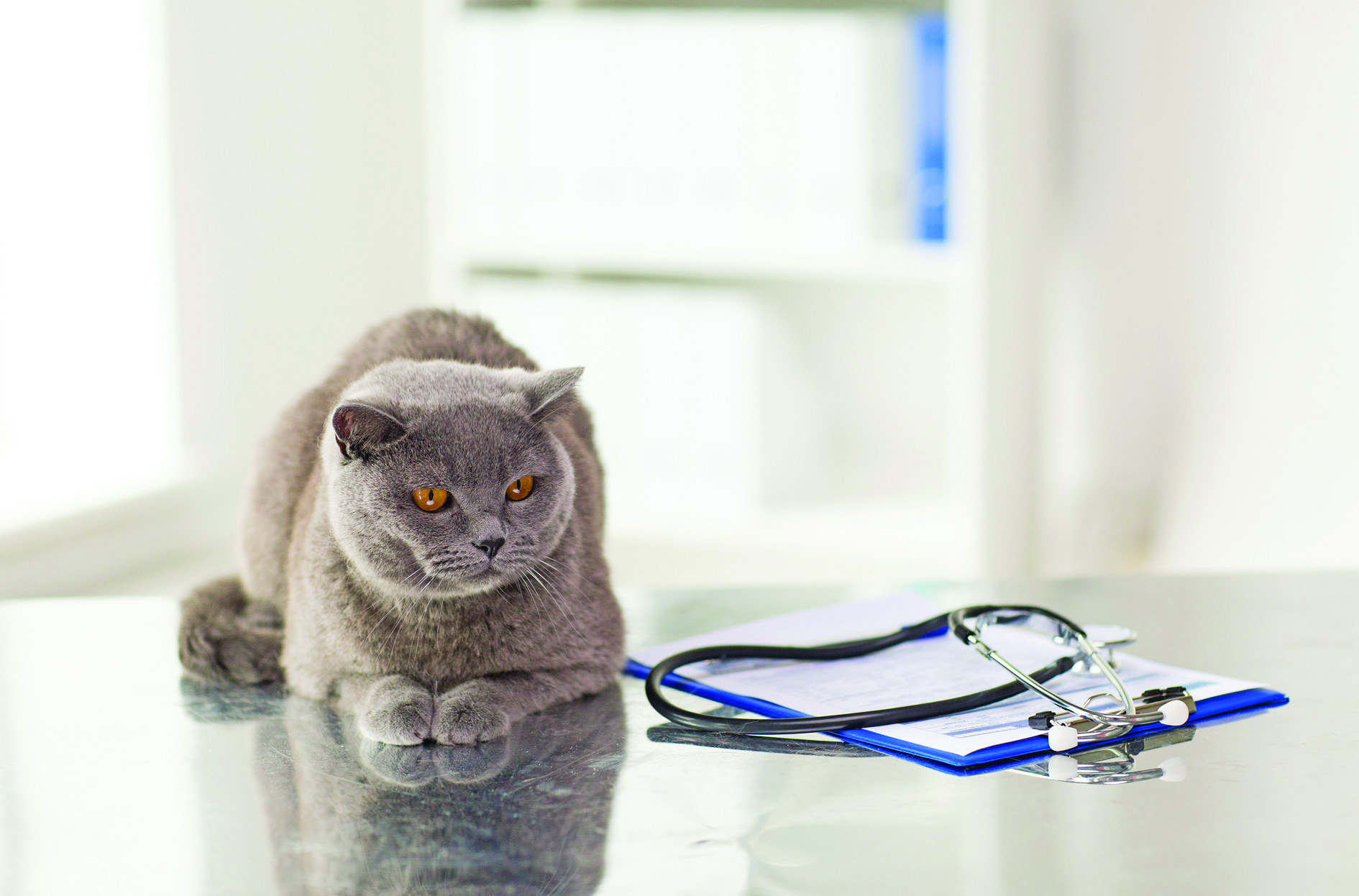
Muscat: A new Animal Welfare Law has been announced by Royal Decree, detailing the humane treatment of animals in the Sultanate.
A Royal Decree has announced the adoption of an Animal Welfare Law, in accordance with the decision of the Supreme Council of the Gulf Cooperation Council, during its 32nd session held in Riyadh in December 2011.
Based on the public interest and the Council of Oman’s presentation of the law, the Animal Welfare Law 21/2017 stipulates that owners and carers of animals shall take all precautions to ensure that no harm, injury or pain or suffering is caused to the animals. The animals are defined as “all types of animals, including birds, reptiles, amphibians, and fish.”
Those responsible for animals must provide appropriate facilities and living conditions necessary for the accommodation of animals, involving areas where the animals are kept, bred, raised, slaughtered or treated, including public and private places.
Animal owners and carers must provide an adequate number of qualified workers with suitable knowledge and expertise with regards to animal welfare. Animals must be looked after and their statuses must be checked at least once a day, and animals, which need to rely on humans for survival, must not be abandoned. If animals need to be let go, individuals may coordinate with the appropriate authorities.
Animals must be fed in accordance to their type and age, with quantities that would maintain their health. Animals must also be transported, whether by land, sea, and air, in means that would guarantee their safety. Animals may not be used for scientific experimentation without appropriate licensing from the competent authorities.
Animals cannot be traded or displayed if they are suffering from illness or exhaustion. They cannot be left in inappropriate areas, or be left neglected.
Animal health must be a priority for those responsible for them, and animals must be taken to veterinary doctors in order for them to be checked and treated if necessary. Those violating any of the rules in the Decree will be subject to one month in prison, and a fee of no more than OMR500, or one of those punishments.
Employees, who are entrusted to exercise judicial control with regards to implementing this law, may enter any establishment for inspection and ensure that the provisions of this law and its executive regulations are applied.
If the establishment is a private residential house, the employees must disclose their identity to the owner or person responsible for the animal, and seek prior authorisation from the Public Prosecution.
Employees in judicial control may inspect any animals inside the facilities, perform tests and take samples they deem necessary, and may detain animals suspected of injury or ill health.
The owner or person responsible for the animals within any facility shall provide the necessary facilities for authorized personnel, including assistance in animal control, for the examination, sampling and submission of any animal-related documents required of them.
Finally, authorised personnel may place distinctive marks on animals in such a way that each animal can be identified separately. These marks may not be removed from animals without the prior consent of the competent authority.